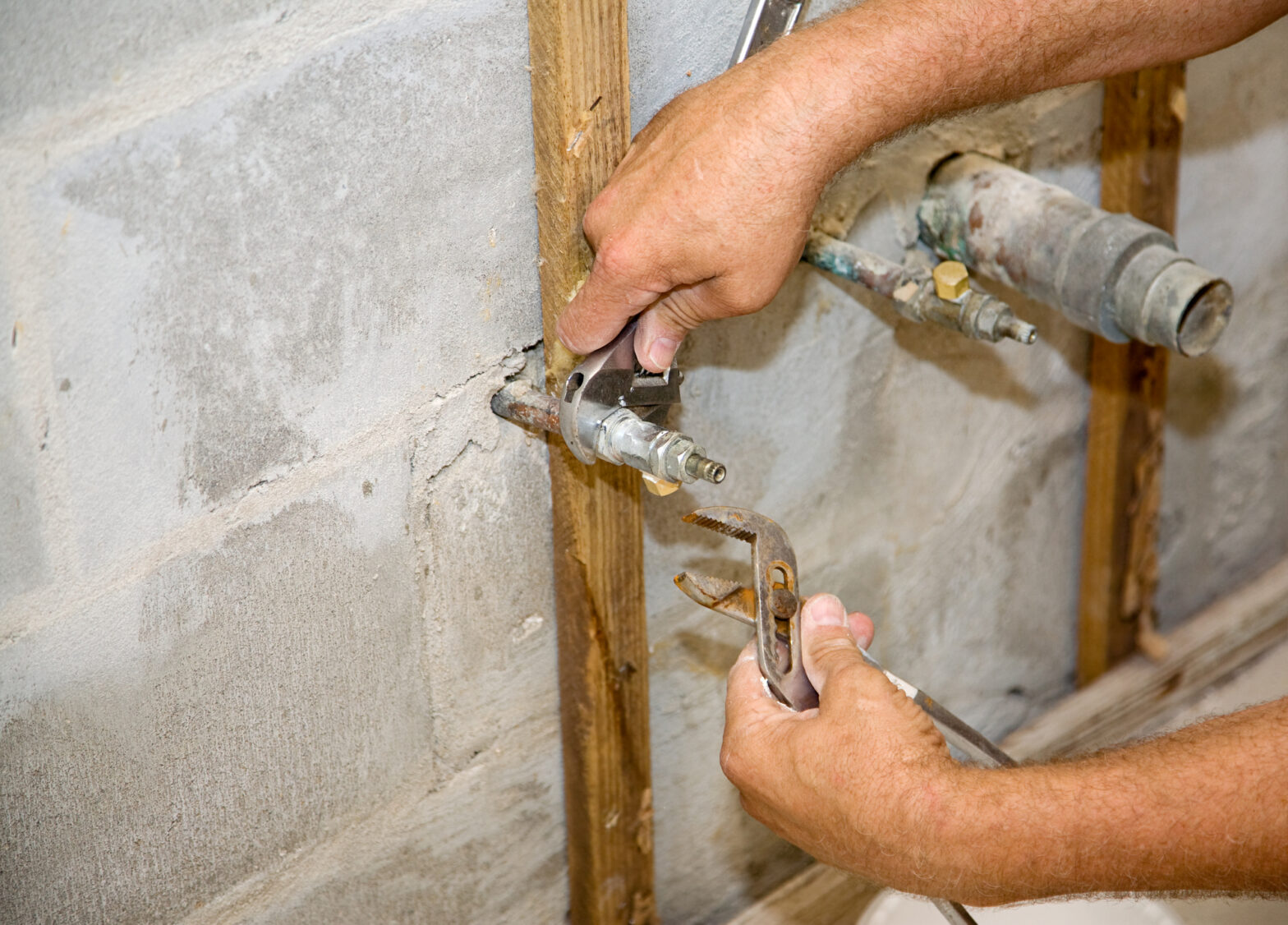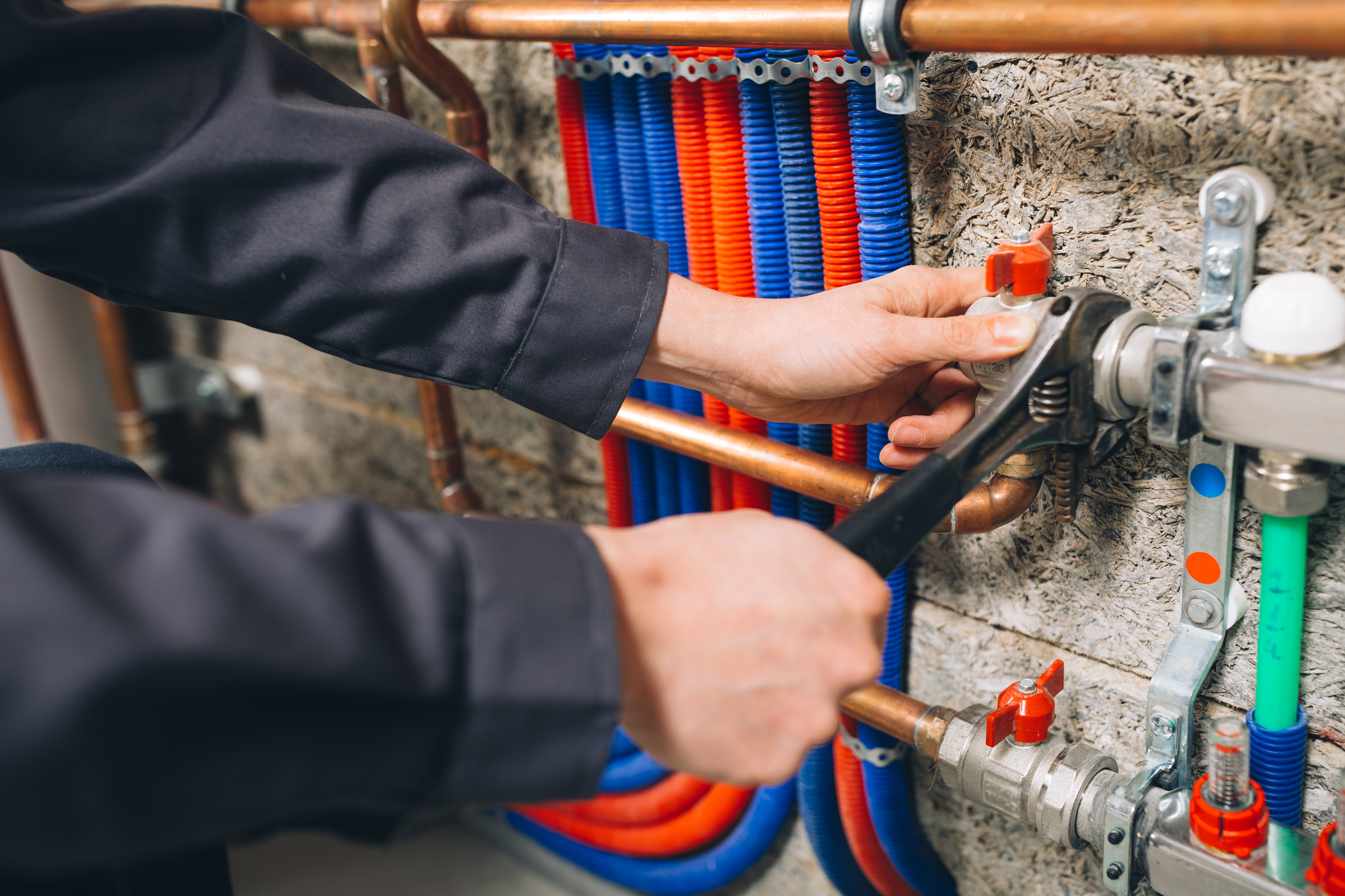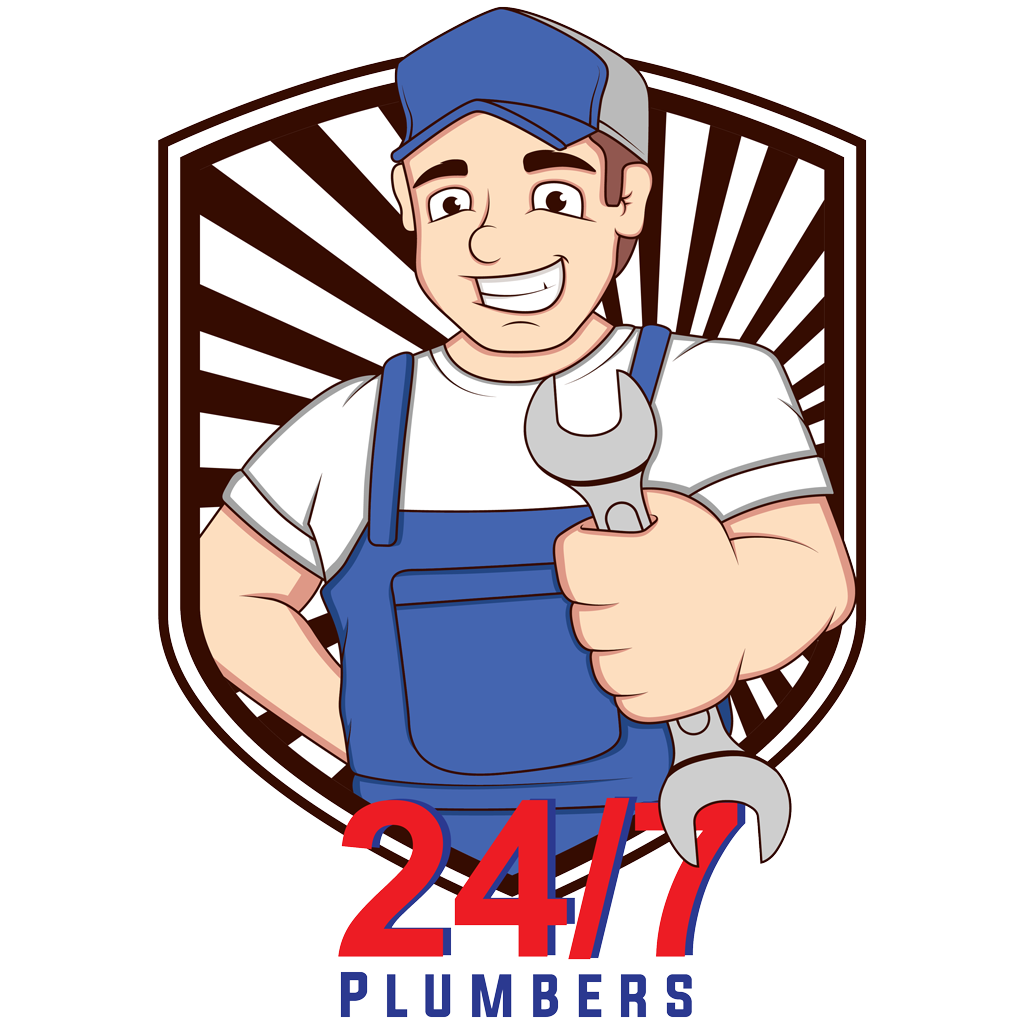The Ultimate Guide to Your Home’s Plumbing System
November 3, 2023

The complexity of a residential plumbing system can be staggering for homeowners. From materials, designs, maintenance to best practices, this article gives you a comprehensive overview of everything you need to know about your home’s plumbing. Whether you’re a homeowner looking to understand your plumbing better, or a novice DIY-er who wants to try their hands on simple repairs, this guide has you covered.
Your home’s plumbing system plays a pivotal role in ensuring comfort and convenience. It is a network of fixtures, fittings, pipes, drains, and valves that distribute water throughout your property and dispose of waste efficiently. A failure at any point can lead to unnecessary expenses and inconvenience, reinforcing the need for regular maintenance.
Materials Used in Plumbing Systems
The materials used in your home’s plumbing system can significantly influence its lifespan and performance. Pipes, for instance, can be made from copper, PVC, PEX, or galvanized steel. Each material has its pros and cons, affecting factors such as durability, flexibility, cost, and resistance to substances like rust and scale.
Copper pipes, for instance, are durable and resistant to corrosion. On the other hand, PVC pipes are cheaper, easier to install but are more susceptible to heat damage. Consider the kind of material used in your property’s plumbing while devising a maintenance or replacement strategy.
Plumbing Services and Repairs
Professional plumbing services span across a range of tasks, including repair, maintenance, and installation. From simple tasks like unclogging a drain to complex jobs like repiping an entire property, professional plumbers have the tools, expertise, and equipment to handle it all.
One of the most common issues homeowners face is leaky pipes or fixtures. If left unattended, these leaks can cause damage to your property, as well as escalating water bills. Regularly inspecting your plumbing system can help identify such issues early on and arrange for timely repairs.
DIY Plumbing: Tips and Precautions
While professional help is advisable for complex repairs and installations, you can handle some tasks yourself. For instance, a clogged toilet or drain can often be solved with the right plunger or a plumber’s snake. Be sure to have a basic plumber’s toolkit at home, and familiarize yourself with these tools and their uses.

However, remember that DIY plumbing comes with certain risks. Over-tightening connections can lead to broken bolts, while using unapproved materials can lead to further damage or even violate local codes. Always know your limits and don’t hesitate to call a professional when needed.
The Future of Plumbing – ‘Green’ Practices
Sustainable, or ‘green’ plumbing, is gaining traction, with people seeking more environmentally-friendly solutions. Some of these practices include water-efficient fixtures, greywater systems, and on-demand water heaters. Stay updated with the latest advancements in the industry and consider how you can make your home’s plumbing system more environmentally friendly.
Conclusion,
Understanding your home’s plumbing system and the crucial role it plays can help prevent potential disasters caused by neglect and lack of maintenance. From knowing the materials utilized in your structure to understanding basic repairs, familiarize yourself with processes and participate in maintaining your home’s plumbing system. Opt for green practices and invest in professional services as needed to keep your plumbing in top shape.
Stay tuned for more information on plumbing products, services, and news. Don’t forget to share this content if it provided you with valuable insight on maintaining your home plumbing system.
As a trusted and experienced plumber in the industry, we are always here for your plumbing questions and needs. Contact us at 247plumbers for any plumbing services.
